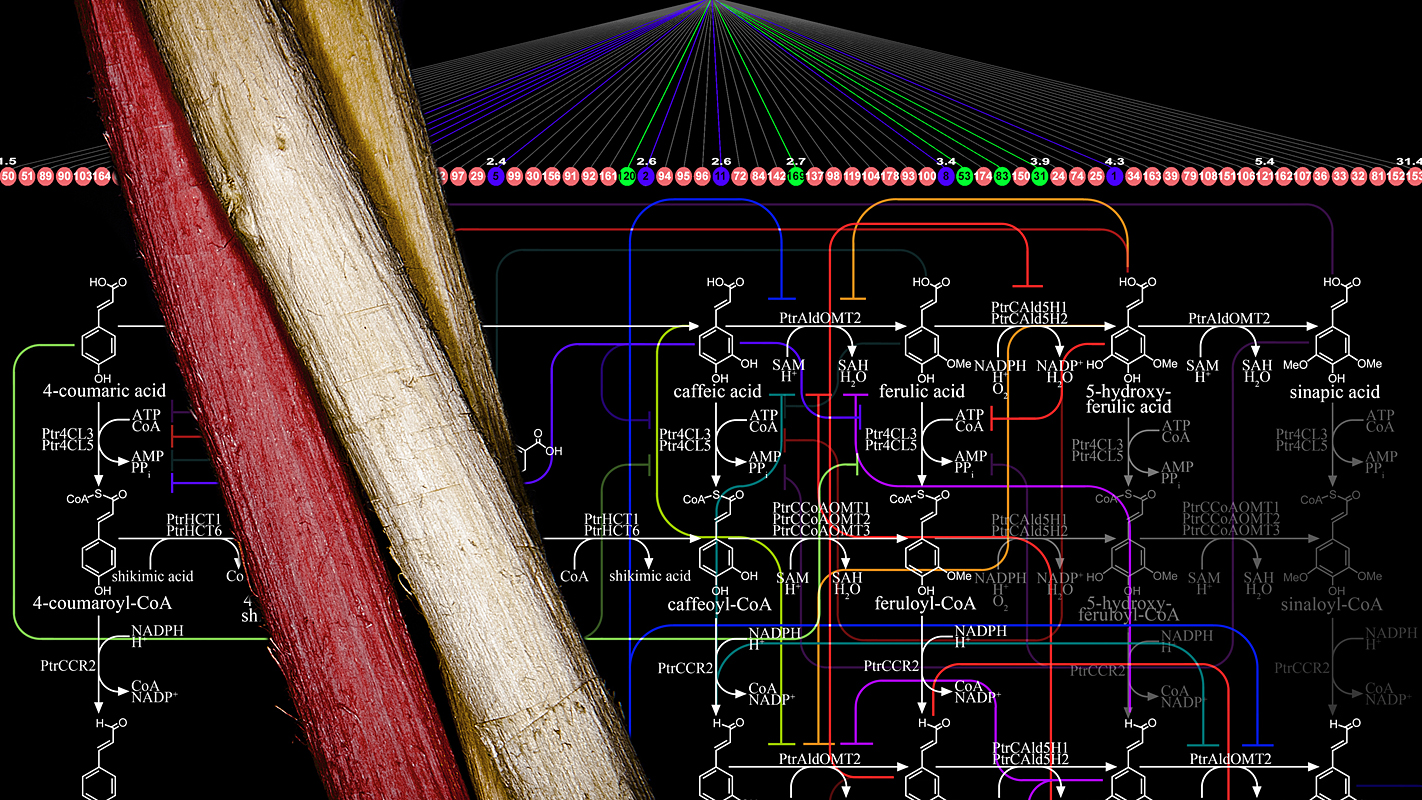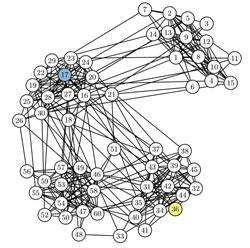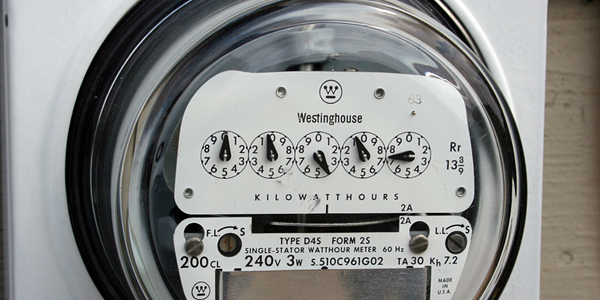energy
New Materials Yield Record Efficiency Polymer Solar Cells

Biofuel Breakthroughs
‘Nanodaisies’ Deliver Drug Cocktail to Cancer Cells

Researchers Test Distributed Computing as Defense Against Cyberattacks on Power Grids
Organic Solar Cells More Efficient With Molecules Face-to-Face
Finding the Mix: Solar Cell Efficiency a Delicate Balance
New Technique Makes LEDs Brighter, More Resilient
Superabsorbing Design May Lower Manufacturing Cost of Thin Film Solar Cells
Why a New Catalyst for Hydrogen Production May Be a Big Deal
